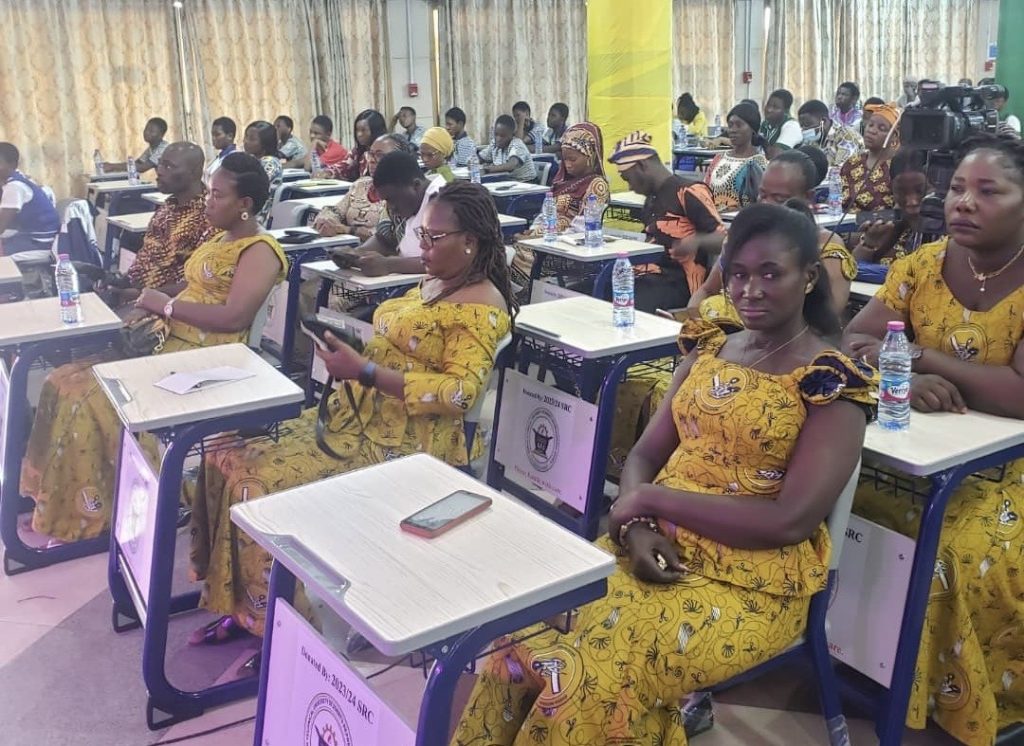By Florence Afriyie Mensah
Kumasi, March 11, GNA – Reverend Dr Timothy Crentsil, Head of the Fashion School of the Kumasi Technical University, has stressed the need for the creation of equal opportunities for females in the acquisition of technical and professional skills.
He said attaching gender to a particular profession was incorrect, and it was important that women were given equal opportunities to step out and go for whatever profession or skills they wanted to pursue.
Speaking at a forum to mark the 2024 International Women’s Day celebration (IWD) in Kumasi, Dr Crentsil challenged women to be open-minded, intellectual, highly imaginative, idealistic and innovative, saying “There is no gender attached to skill acquisition.”
The programme was organized by Send Ghana, a policy research and advocacy organization, and was held under the theme: “Fusion of Activism and Music for Gender Equality in Developing Economies.”
The event brought together young and adult females from academia and industry to deliberate on women’s well-being and rights and opportunities to project them on higher pedestals.
Rev. Dr Crentsil said there was an urgent need for the government to put in place policies and programmes that would help create equal opportunities for women in Ghana.
Throwing more light on the request, he indicated that the acquisition of skills was gender-neutral, saying, there were important policies that needed to be streamlined to make the country a better place for the upcoming generation.
“We have to ensure there is an equal representation and we have not gotten there yet, but we have to make a conscious effort and be able to promote that inclusion so that women’s voices are heard.
Those in minority groups’ voices must be heard, that is the way for us to make progress,” Rev Dr Crenstil noted.

Linking the theme to the creation of balance in the art industry, Rev. Dr. Crentsil noted that art was quite a broad area, which could support the economy enormously but had been neglected.
He said the current high unemployment rate in Ghana could be attributed to a lack of demand for local products, adding that, most items such as shoes, clothing, and bags, among others that were made by Ghanaians, had been abandoned.
Dr Mrs Nana Esi Amos-Abanyie, Chief Executive Officer (CEO) of Silver Lobster Hospitality and Management Service, used the occasion to appeal to the GETFund to allocate part of their bursaries to provide sanitary pads for female students when they reported at the schools’ dispensing units during that time of the month.
Professor Mina Ofosu, Lecturer, Faculty of Health Sciences of KsTU, charged women to be independent regardless of the challenges they face to earn the respect of many in society.
GNA